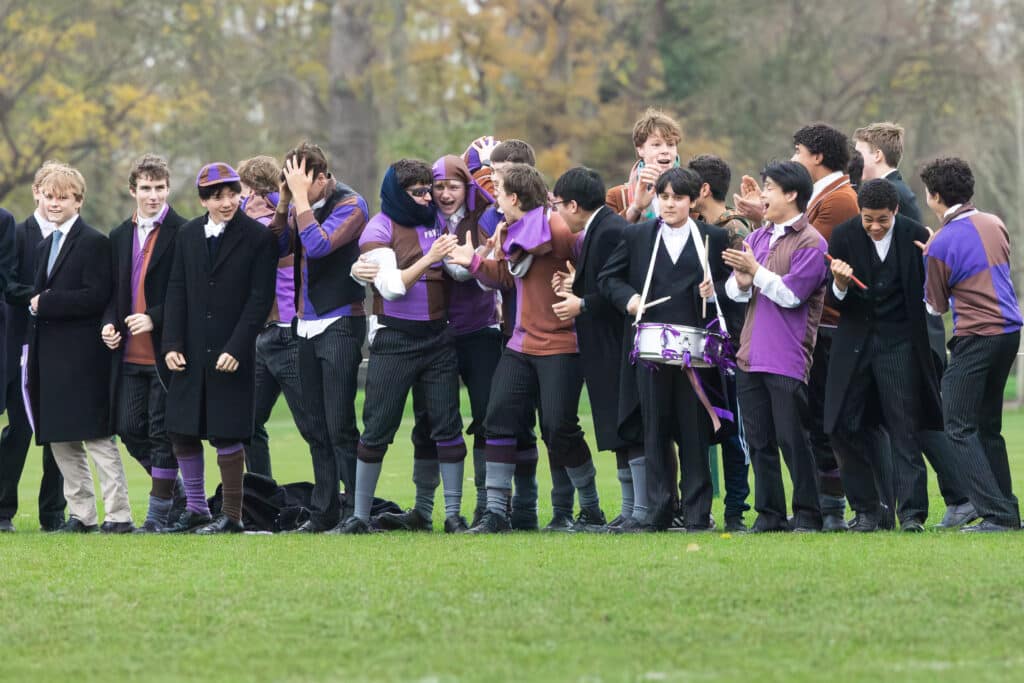Rory M and Elliot S have reached the National Innovation Competition finals with their sustainable impact idea, Plecobot.
Their design uses AI-driven sensor bots to identify early signs of ecological imbalance, such as nutrient spikes that could lead to harmful algal blooms (HAB). HABs can block sunlight and deplete oxygen, which can kill fish and organisms deeper in the water.
Aiming to tackle environmental challenges within marine farming, coral reef ecosystems, and larger-scale biodiversity monitoring, the boys believe Plecobot has the potential to benefit a wide range of users, including landowners, environmental scientists, conservation NGOs, and local councils.
The autonomous, solar-powered robotics platform has evolved significantly since its conception, challenging the boys to problem-solve based on feedback, research, and practical limitations. The boys explained that, “We learnt that innovation rarely follows a straight path—it requires iteration, teamwork, and persistence.”
The pair are frequent collaborators, crediting their “shared resilience” as a big part of their success. “We also play music together, which has definitely helped strengthen our dynamic. We both know how to bounce ideas around, challenge each other constructively, and keep the momentum going even when things get difficult.”
The boys thanked Pauline Herbommez, Director of Environmental Education at Eton, for supporting the project and giving “honest, insightful, and always encouraging” feedback.
Rory M and Elliot S have contributed to many sustainability efforts at the School, participating in the Environment Society, supporting green initiatives, and organising projects within their Houses.
They said: “Our generation is growing up in the shadow of the climate crisis, and we feel it’s our duty to be part of the solution.”
Plecobot will compete in the Colleges and Sixth Forms category this July. “We were absolutely thrilled to reach the final,” added the boys. “It was a huge moment for us, especially knowing how competitive the field was across over 120 national entries.”
Hoping to take Plecobot further than the competition, the boys’ next step is to take the project from concept to deployment, prototyping the hardware and software to begin collecting real-world data.
“We’re committed and excited to see just how far PlecoBot can go.”



